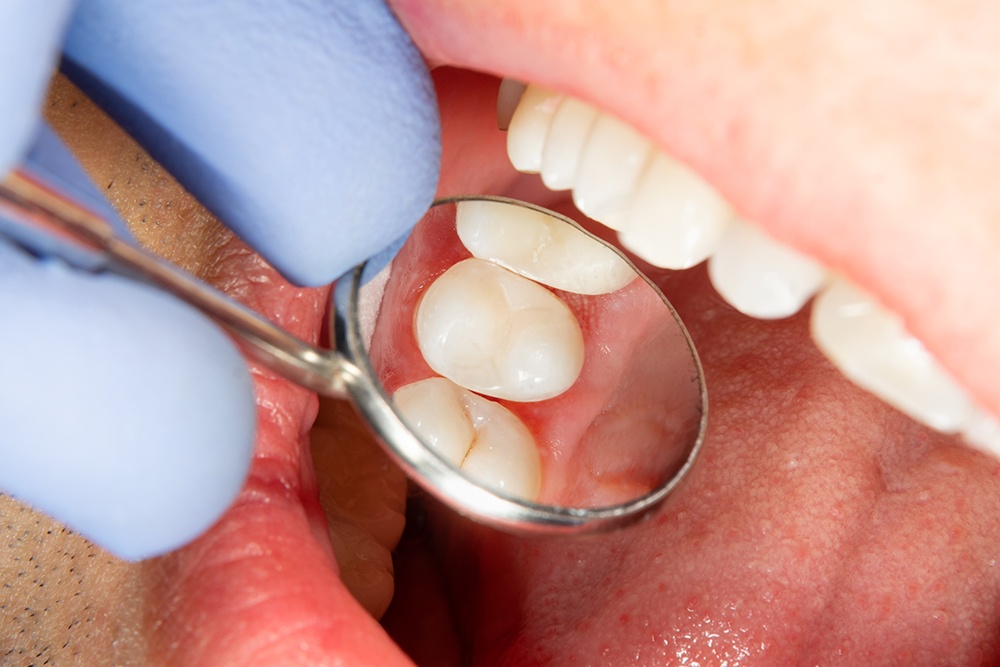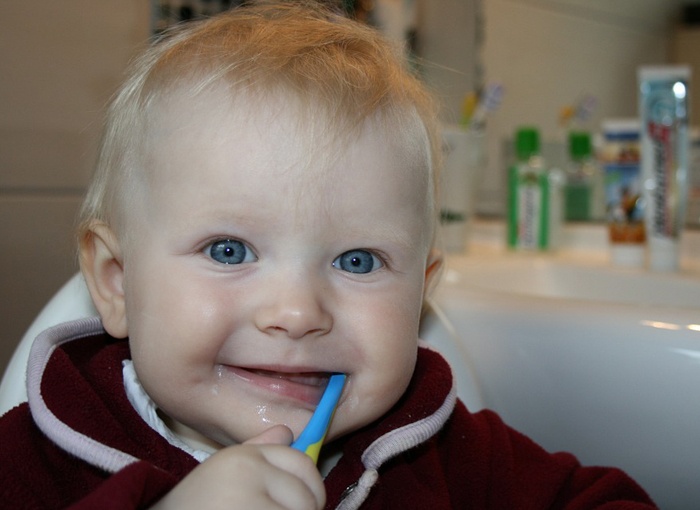It’s a fantastic feeling to encounter the first tooth of your baby. Isn’t it? With this great feeling, comes the greater responsibility; to keep it and other ‘yet to arrive’ teeth healthy. Experts suggest that you should start taking care of your baby’s teeth and gums even before you notice the first tooth. After all, in the coming years, the gummy smile of your baby will be replaced by two full-fledged rows of teeth.
Why is the cleaning of teeth necessary?
You always need to keep the foundation secure, so that you can have a withstanding building. The same is the case with the teeth. Though the baby teeth are the primary teeth, they have to be strong enough to invite healthy permanent teeth. Moreover, the baby teeth are very weak with tender gums, which makes it vulnerable to infections and decays.
You might also have noticed your child sucking his thumb and the fingers very often, which adds to your responsibilities. You must know that this habit of your child can invite a lot of problems for the thumb and the teeth. It may lead to misalignment, cracks, or even call infections. That is why intensive care becomes so crucial at a young age of 0-4.
What is the ideal process for cleaning a baby’s teeth?
Before your child has his first tooth, the cleaning of gums is the necessary chore to perform. For that, you need a damp cloth, which should be made from a soft fabric. Use the cloth to rub on his gums after he is done with the milk or any drink. This will prevent any accumulation of the bacteria and also make them open to hygienic habits like rinsing the mouth after the meals.
After the first tooth appears, you should make sure that your child brushes his teeth twice a day. Are you wondering why this strictness is required? The thing is, whatever you will present to the child at this age, he will accept it wholeheartedly. Thus, it becomes essential to show him a right way to maintain hygiene and make him accustomed to brushing two times a day.
Not only the regular brushing habit but also the selection of the right toothbrush and toothpaste is also essential. For the effective cleaning of your child’s teeth, you need to get a toothpaste having Fluoride. Moreover, as the gums and teeth are very soft at infancy, make sure to select a brush with soft bristles. Otherwise, it will hurt the child and may even bleed.
Till the age of 7, your baby might not be able to brush by himself; that is why you need to assist him and even brush with him. It will not only back his procedure but also make it interesting for him. Put some good music to him and brush for the ideal time of 2 minutes, to get the effective results. Hence, practice a perfect brushing and flossing process to clean the baby’s teeth. Consult with the surgeon periodically to avoid any dental issues.
Book Appointment to find out which treatment might be best for you.



